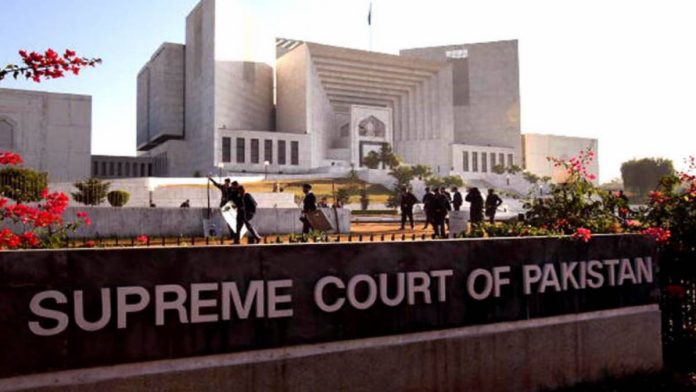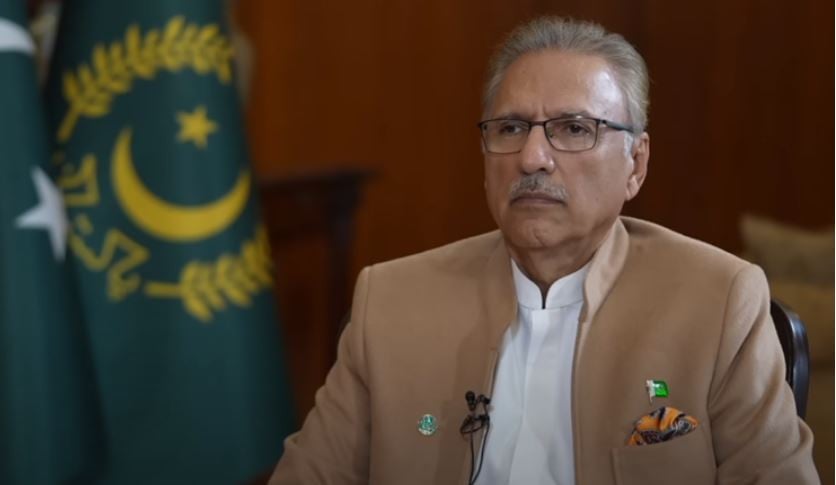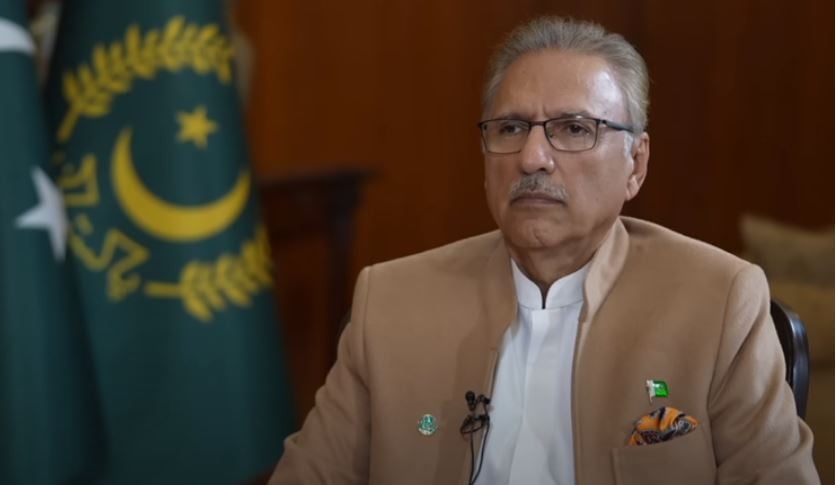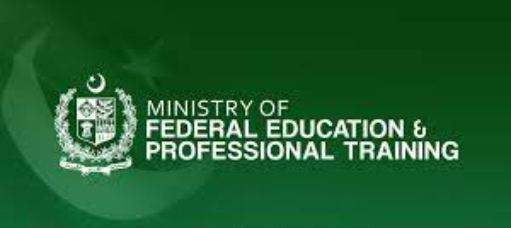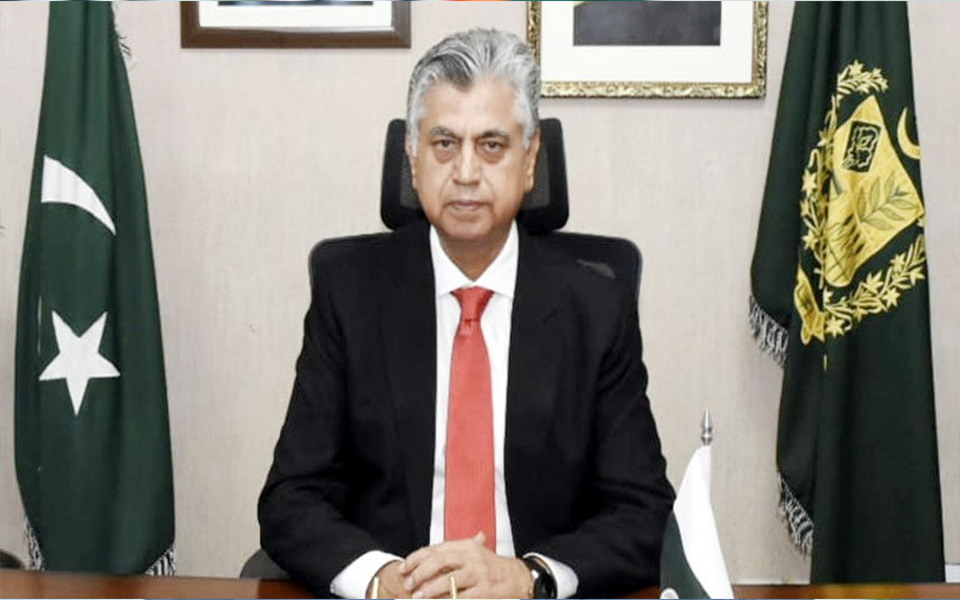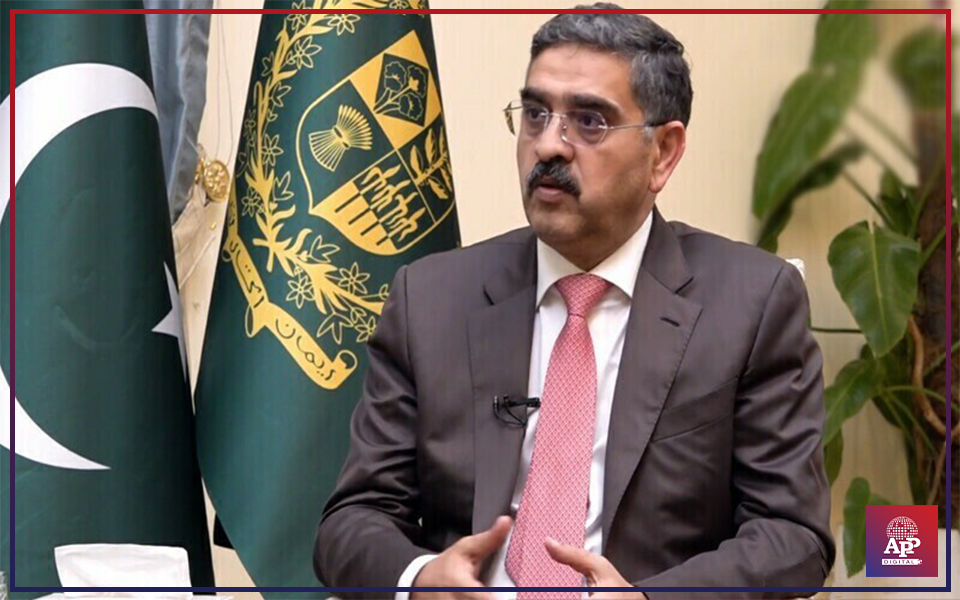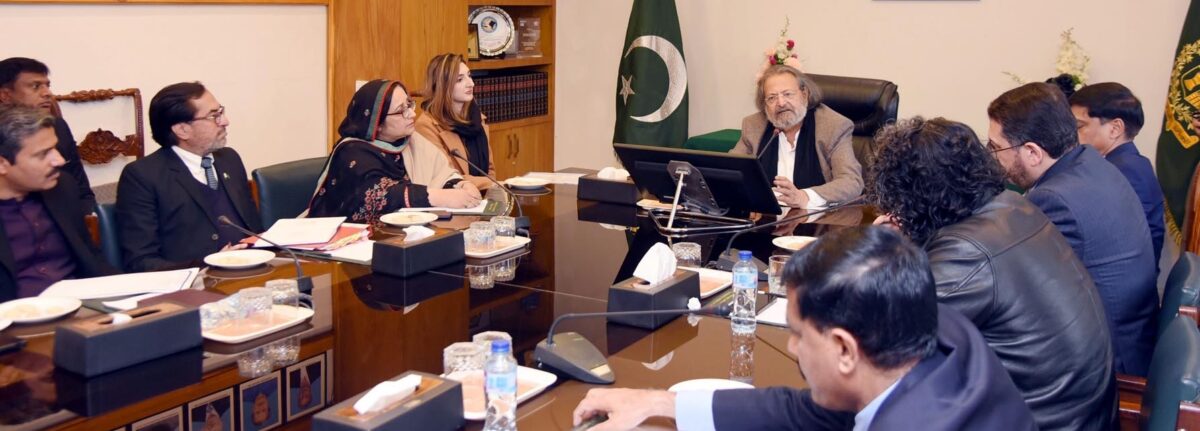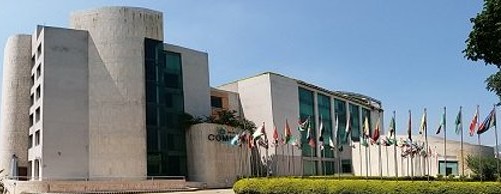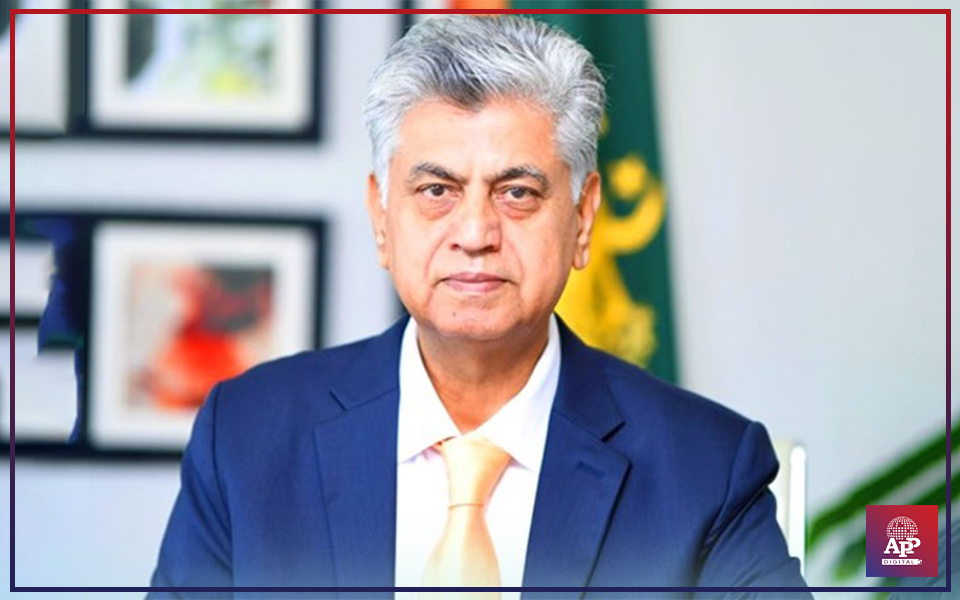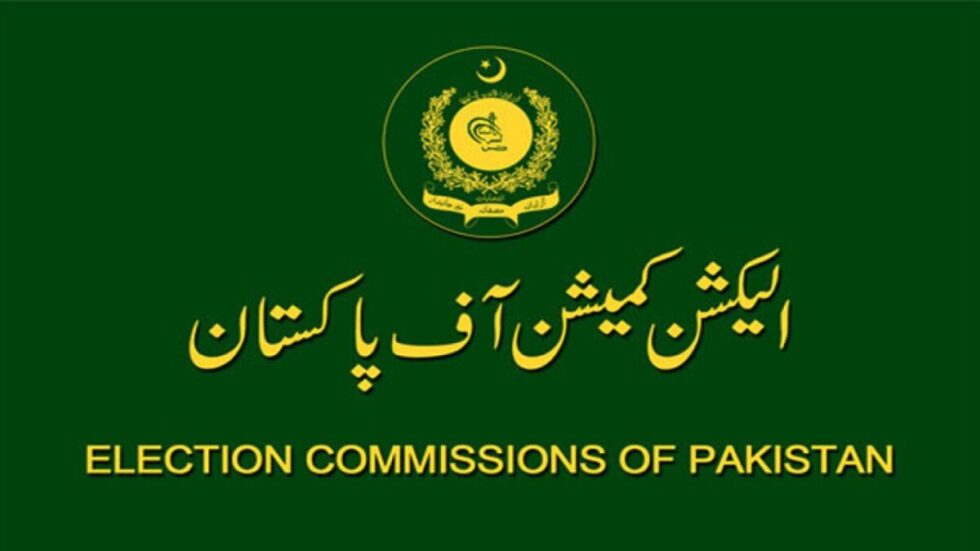KARACHI, Jan 17 (APP): Caretaker Federal Minister for Religious Affairs and Interfaith Harmony, Aneeq Ahmed, urging students to develop comprehension of religion as well as contemporary issues, on Wednesday said that Quran and Sirat e Tayyaba provide us guidance and set basic principles concerning to every field of life.
He was addressing a conference on “Sirat un Nabi (SAW) and contemporary challenges and their solutions” jointly organized by the Ministry of Religious Affairs and Iqra University.
The federal minister said that it had been imperative that students not only understand the religion of Islam but also comprehend requirements of the contemporary era as well as economic, social and other issues in the light of teachings of Islam and keep themselves abreast of developing global situation. “Religious obligations (Deen) and demands of worldly pursuits (Duniya) are intertwined and we have to search the solution of contemporary issues in the light of Quran and Sirat-e-Tayyaba,” he maintained adding that true comprehension of religion could not be achieved without understanding the worldly affairs.
Islam emphasizes on practical action and application of knowledge and life of Hazrat Muhammad (PBUH) is a guiding example for every human being, he noted and added that Hazrat Muhammad (PBUH) set standards for individuals, society and state and those must be followed.
The federal minister while referring to his recent visit to Saudi Arabia, informed that Hajj agreement was signed in Hajj Conference in Madina Munawarah which was attended by delegates from 80 countries. “I have floated an idea at the conference that all the rulers of Muslim countries should gather in Makkah Mukarama on the occasion of Hajj to discuss the issues being faced by Muslims across the world and come up with a unanimous agenda to deal with them,” he stated.
Underscoring the significance of seeking knowledge in Islam, Aneeq Ahmed said that Hazrat Muhammad (PBUH) never prayed to Allah for increasing anything but the knowledge because it helps human understanding the Creator and the religion and teach them to live the life in a dignified and upright manner.
He expressed dismay that in the contemporary era, Muslims were lagging behind in education and knowledge and said that every Muslim should strive in pursuit of knowledge and adopt the teaching of Islam and its Prophet (PBUH) in letter and spirit. The minister said that government was making efforts to promote the Islam’s message of peaceful coexistence and conferences were being organized in different universities of the country for spreading awareness to students.
Dr. Mufti Irshad Ahmed Ijaz, Head of Sharia department of State Bank of Pakistan, while speaking at the conference, said that traceability of all the codes of ethics was found in religions while Sirat-e-Tayyaba was the major source of inspiration and served as foundation of Ethics.
Terming the mediocrity in expenses as half of the solution to economic woes, he suggested to incorporate the principles of Islam into curriculum of subjects like economics and management. Our ideology of education needed a paradigm shift, he said and added that revival of Muslim ideology and its integration with contemporary ideas would help resolving the current issues.
Member Islamic Ideological Conference, Mufti Muhammad Zubair, stressed on promotion of education and awareness, realization of issues and planning to solve them, enhancing mutual coordination and harmony and adoption of collective approach so that Muslim Ummah could deal with the contemporary issues successfully.

